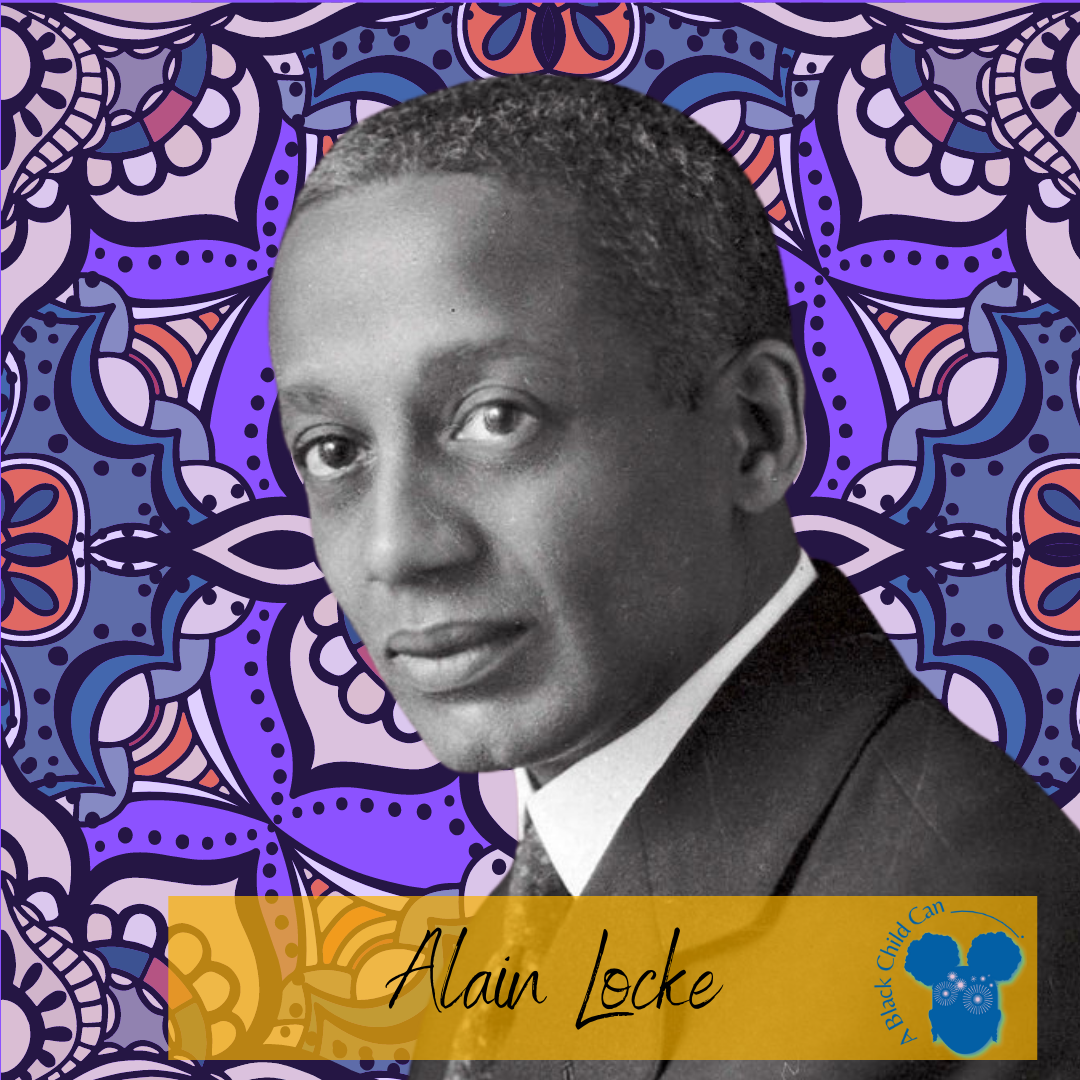|
February 13 Alain Locke is the father, or dean, of the Harlem Renaissance. He was the first Black Rhodes Scholar, a former professor at Howard University, man of Phi Beta Sigma, and one of the pre-eminent Black philosophers of his time. Dr. Martin Luther King once said, "We're going to let our children know that the only philosophers that lived were not Plato and Aristotle, but W. E. B. Du Bois and Alain Locke came through the universe." Dr. Locke examined causes of opinions and social biases for his doctoral thesis, and returned to Howard to chair the philosophy department (his father was an alumnus of Howard's Law School). While at Howard, he taught the institution's first class on race relations and fought for equal pay for the Black faculty members at the institution (though Howard was founded for the education of Black students, its leadership and much of its faculty were still white until Mordecai Johnson was named president in 1926. Locke was dismissed for raising a ruckus about equality, but Johnson brought him back, and Locke remained at Howard until his retirement in 1953. Dr. Locke's edited volume, "The New Negro," is said to be the first national book of African America. It raised the possibility of equality for Blacks in America, advocating for Blacks to not adjust for or comply with unreasonable demands from white folks in America. The volume launched the careers of some of the biggest writers of the Harlem Renaissance, including Zora Neale Hurston. He wrestled with his sexuality as a homosexual man in the early 1920s. While he never came out, his sexuality was well-known by his peers. Discussion Questions
Young Students (K3-2nd Grade) Dr. Locke believed young people would be the leaders of the movement -- that means you! Name three ways you can be a leader in your class, home, or community. Middle Students (Grades 3-8) Dr. Alain Locke was said to be a man of many contradictions. Despite his importance to the movement, he started his career not wanting to be a "race man" -- that was his father's dream for him -- and he often wrestled with political and social stances. Talk about a time when you felt conflicted between something your parents wanted for you and what you wanted for yourself. What did you do? High School Students (Grades 9-12) Dr. Alain Locke fought for equality at Howard University, an institution established to promote equity of Black people. This idea parallels the idea of other movement contradictions, like sexism in the Civil Rights Movement. Why do you think these contradictions exist? For Educators/Adults Dr. Locke argued for " an enforced respect and interest for one’s own tradition, and a more or less accurate appreciation of its contrast values with other traditions." Are you working to fully understand the cultures of the students in your class? How are you being thoughtful about not only exposing your students to a number of cultures but draw comparisons to and help them contrast the values of other cultures as a way to further their interest in their own?
0 Comments
Leave a Reply. |
About the SeriesA Black Child Can was founded to create a better world for students by empowering the adults around them with the knowledge they need to advocate on their behalf. The 2022 blog series builds on this foundation, encouraging educators to participate in the discussion and reflect on the ways they're showing up for their students. ArchivesCategories |


 RSS Feed
RSS Feed
